Influenza, commonly known as the flu, is a highly contagious respiratory illness caused by influenza viruses. It spreads rapidly, especially among children, leading to symptoms such as fever, chills, muscle aches, fatigue, sore throat, and persistent coughing. While the flu is often mistaken for the common cold, it tends to be more severe and can result in complications such as pneumonia, ear infections, and bronchitis. Young children, particularly those under five years old, are at a higher risk of flu-related complications, making early detection and proper medical care essential. Parents seeking expert guidance and treatment can visit pediatric clinics in Altoona, where healthcare providers can assess symptoms and recommend the best course of action.
The most effective way to prevent the flu is through annual vaccination. The flu vaccine helps reduce the severity of symptoms and lowers the risk of severe complications. Since flu strains mutate frequently, it is crucial to get vaccinated each year to ensure optimal protection. However, even with vaccination, there is still a possibility of contracting the flu, particularly during peak flu season. This is why practicing good hygiene—such as frequent handwashing, avoiding close contact with sick individuals, and disinfecting commonly touched surfaces—is essential to minimize the risk of infection. Families concerned about flu prevention can consult with pediatric clinics in Altoona to learn more about the importance of vaccinations and other preventive measures.
When a child contracts the flu, early intervention can make a significant difference in recovery. Parents should monitor their child’s symptoms closely and seek medical attention if they notice persistent high fever, difficulty breathing, severe dehydration, or lethargy. Antiviral medications may be prescribed in some cases to help reduce the severity and duration of the illness. These medications work best when started within the first 48 hours of symptom onset, which is why timely medical consultation is essential.
Pediatric clinics in Altoona are well-equipped to provide prompt care and support, ensuring children receive the best possible treatment to aid their recovery.
Parenting can be challenging, especially when a child falls ill. The flu can quickly spread within households, affecting multiple family members. Teaching children healthy habits, such as covering their mouths when coughing or sneezing, washing hands regularly, and staying home when feeling unwell, can significantly reduce the spread of the virus. Additionally, maintaining a healthy diet and ensuring children get enough rest can strengthen their immune system, helping them fight off infections more effectively.
Being proactive about flu prevention and recognizing the warning signs of severe illness can help keep children safe and healthy. If flu symptoms arise, seeking care from pediatric clinics in Altoona can provide reassurance and expert medical advice, ensuring children receive the necessary care to recover quickly and avoid complications.
Some of the symptoms that may require serious attention are as follows:
- Severe trouble breathing (struggling for each breath, can barely speak or cry)
- Lips or face are bluish when not coughing
- You think your child has a life-threatening emergency
- Ribs are pulling in with each breath (called retractions)
- Not alert when awake ("out of it")
- Trouble breathing, but not severe
- Breathing is much faster than normal
- Lips or face have turned bluish during coughing
- Wheezing (high-pitched purring or whistling sound when breathing out)
- Stridor (harsh sound with breathing in) is heard now
- Chest pain and can't take a deep breath
- Dehydration suspected. No urine in more than 8 hours, dark urine, parched mouth, and no tears.
- Weak immune system. Examples are sickle cell disease, HIV, cancer, organ transplant, and taking oral steroids.
- Severe High-Risk child (see that list in Causes). This includes lung disease, heart disease, and being bedridden.
- Fever over 104° F (40° C)
- Your child looks or acts very sick
- You think your child needs to be seen, and the problem is urgent
Milder symptoms of influenza include:
- Nonstop coughing spells
- Earache or ear drainage
- Sinus pain (not just congestion)
- Age more than six months and needs a flu shot
- Coughing causes vomiting three or more times
- Coughing has kept the child home from school for three or more days
- Nasal discharge lasts more than two weeks
Taking care of a child with influenza can be difficult, but there are some steps you can take to make it easier. First, keep them hydrated by giving them plenty of fluids to drink. It would be best if you also tried to keep them comfortable and rested by letting them sleep as much as possible. Finally, watch for any worsening symptoms and contact your doctor if you have any concerns. Following these tips can help your child get through the illness and start feeling better soon.
Disclaimer: This health information is for educational purposes
only. You, the reader, assume full responsibility for how you choose to use it.
Citation/References:
PHCA Symptom Checker








